➜ Identify at least one staff person dedicated to census issues part time.
- This person should begin to look at documents from the 2020 Census and the CBAMS for the 2030 Census (if data have been released) and use those materials to build an initial GOTC (and advocacy, if relevant) plan for 2030.
➜ If CBAMS has been launched, help the Census Bureau seat focus groups.
➜ Depending on your state’s legislative session, begin advocacy efforts and conversations with state governments early to build census outreach funding for CBOs into their fiscal year 2028, 2029, and 2030 budgets (covering those calendar years).
➜ Begin to gauge interest in 2030 Census involvement within your network and build out a strategy to bring in key partners for census engagement such as funders, elected officials, community-based organizations, advocacy organizations, demographers, businesses, and others.
➜ Start to identify potential partners to engage with the Census Bureau and census champions.
- Develop the structure of the coalition.
- Be prepared to tell prospective coalition members what you expect them to do, or the role you think they can play, in promoting census participation in your communities.
➜ Have 2020 Census success stories at the ready.
➜ Identify specific communities (e.g., regions, cities, neighborhoods, rural communities, tribal areas) and specific population groups (such as communities of color, people with disabilities, and college students) at greatest risk of undercounting to inform 2030 Census campaign strategy and funding decisions, if applicable.
➜ Begin to map out state philanthropy organizations that are providing aligned and/or joint funding for state-specific community-based organizations.
➜ Offer at least two broad briefings/webinars for funders, cosponsored by interested affinity groups, to get buy-in for engagement in 2030 Census preparations. Focus on 2030 Census methodology, operations, timeline for implementation, and organizing strategy.
➜ Toward the end of 2026, set up conversations with local and state entities that will participate in the LUCA operation. Offer to be of assistance, within the program’s legal parameters, to ensure accuracy in the residential address list for their jurisdictions.
- Offer at least one broad briefing or webinar for local and state entities on
the importance of LUCA.
➜ Continue to monitor and contribute to research and development decisions for the 2030 Census, educate communities on the importance of the ACS, and support efforts to adequately fund the Census Bureau.
➜ Optional: By mid-2026 or 2027, begin the initial round of message testing for the 2030 Census. Note that many state-based organizations conducted their own message testing for the 2020 Census. However, should your organization not have the funds to conduct unique message testing, be aware that many large national organizations will most likely conduct message testing around this time. The results of this messaging research are typically shared among broader census networks.



